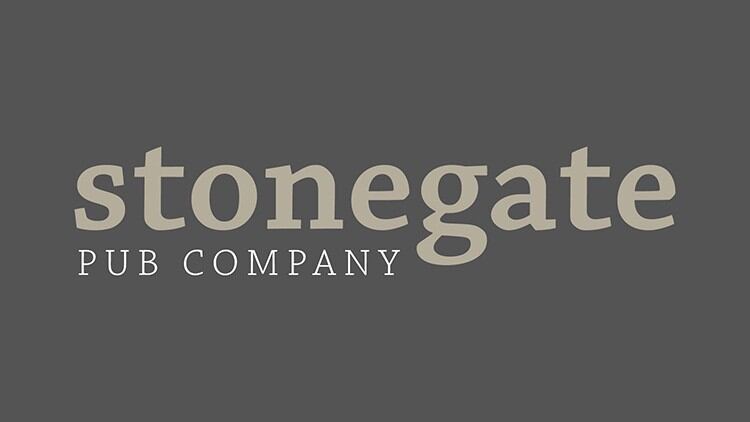With an estimated £2.5bn of pandemic-induced arrears, unpaid rent remains a significant roadblock on the road to recovery for the hospitality and leisure sector. Pubs and restaurants face an uncertain winter ahead, and many business owners are unsure about what the next few months could hold. But with new legislation on the way, commercial landlords and tenants will have further options available to resolve rent disputes.
The pandemic has undoubtedly been particularly difficult for the hospitality and leisure sector. Faced with long closures and “pingdemic”-induced staff shortages, many pub owners were left unable to pay their rent. While many restaurants introduced takeaway services while unable to open, this was not an option for wet-led pubs, leaving them without income for considerably longer.
Moratorium set to be lifted
The Government did introduce measures to help both landlords and tenants, including a moratorium on evictions, which is in place until March 2022, and temporary restrictions on winding-up petitions and business evictions, which is set to be lifted on 1 October 2021. In addition, to promote a collaborative approach between parties, a voluntary Code of Practice was introduced in June 2020, encouraging landlords and tenants to mutually agree measures, such as rent reductions and payment holidays, that could be to the benefit of both parties. However, although many agreements have been reached, there is still the matter of addressing the unpaid rent arrears.
To add greater structure to the issue, a new act is due to be introduced to parliament later this year and will be relevant to all commercial rent debt accrued as a result of pandemic-induced closures. Following Australia, by example, the new act will establish a binding arbitration system, which will be engaged when landlords and tenants cannot agree terms around the payment of rent arrears. This will specifically apply to ringfenced periods when the tenant has been impacted by Covid closure restrictions.
Unfortunately, there is little information available on the finer details of the act at present. Many unanswered questions remain about how the system will work, when it will be introduced and how long the arbitration process will take.
It is expected the Government will be issuing an updated Code of Practice in the coming months that will contain principles for how the arbitrations should be determined. Once the new legislation is in place, it will only apply to tenants impacted by Covid-19 business closures. Fortunately, this is likely to cover most of the UK’s hospitality and leisure sector. Alongside this, the new system will give commercial landlords the chance to exercise their rights to forfeit leases for any rent arrears incurred prior to March 2020 and after the ring-fenced period.
Fairness of the proposed act
Although it aims to benefit both parties, it is crucial that the act is applied consistently. Due to the absence of any precedents or case law as to how arbitrations should be determined, there are some questions about how fair the act will be. Will it consider tenant companies that may have already been in financial distress before the pandemic and how will decisions be made between businesses facing different local tier restrictions? There is also concern about whether the act will benefit the landlord, as well as the tenant. In order to be a positive for the industry, these things must be considered and addressed by the Government.
Commercial tenants and landlords currently facing rent arrears, should refer to the existing Code of Practice and work together to agree a way forward, that is mutually beneficial. Failing that, landlords are able to pursue a debt claim ahead of the expected arbitration system, but this must be done with caution. Litigation is often a long and painful process and court action can permanently damage landlord and tenant relationships. In these situations, it could be argued that in the current economic climate, having a tenant is far more beneficial than having an empty space. Businesses should seek professional advice before taking this approach, to ensure it is the right course of action.
While the new legislation comes as good news for the hospitality and leisure sector, more up-front information is still required to know whether arbitration is the answer. Thousands of pub businesses and jobs could be at risk if the Government doesn’t provide an effective solution to the substantial rent arrears owed by the sector. It’s clear that something must be done, and quickly, before unpaid rent continues to climb further, jeopardising the road to recovery.
James Fownes is property disputes partner at law firm, Shakespeare Martineau




